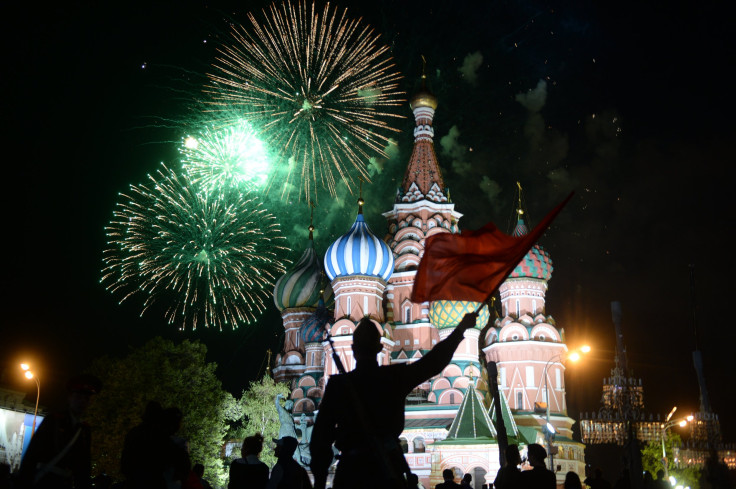Blockchain Cryptocurrencies In Russia, Including Bitcoin, Could Be Legal Soon

It looks like Russia will become the next country to legalize the use of cryptocurrencies like bitcoin and ether. Business Insider reported on Thursday that the Russian government drafted a bill to “create the legal framework for trading in bitcoin, dash, ether, and other digital currencies,” just one year after the same institutions warned people who traded these digital currencies could be thrown in jail. There is a growing demand for cryptocurrencies like bitcoin across Eastern Europe, and now Russia has reversed its initially resistant approach to the trend.
Russian media has also noted the shifting tide. The Moscow business newspaper Vedomosti said government ministries are working on a strategy for regulating cryptocurrencies. Regulation is the biggest hurdle for digital tender like bitcoins, so this move could be the first step towards widespread adoption.
Read: Bitcoin Price Reaches All-Time High, Continues Upward Trend In 2017
Moscow is quickly becoming a cryptocurrency hub, openly promoting a shift from black market deals to mainstream commerce. More than 800 people flocked to Moscow in April for a government-sponsored cryptocurrency conference, Blockchain & Bitcoin Conference Russia. “The federal deputy Boris Titov, while speaking on the national forum, suggested to establish a 'crypto valley' in Crimea, similar to the crypto valley in Switzerland,” wrote blogger Ekaterina Tarasova, who attended the conference.
Russia sees blockchain tender as part of the solution to their economic woes, including widespread money laundering and international sanctions. Russian Prime Minister Dmitry Medvedev said in April the government narrowly avoided a fiscal “catastrophe,” despite Western sanctions against the Kremlin over the ongoing conflict with Ukraine.
Last year Andrei Lugovoi, a parliament member aligned with Russia’s nationalist LDPR party, theorized cryptocurrencies could even help Russian businesses circumnavigate economic sanctions. “This is a rare situation where the sanctions policy of the West gives rise to the opportunity for homegrown business to create something new and allow the national economy to move forward,” said Lugovoi, according to Newsweek.
Since then, Medvedev has become one of the spearheads behind Russia’s rush to adopt digital currencies. The prime minister point-blank asked lawmakers to "consider the possibility of using Blockchain technology in the system of public administration and the economy of the Russian Federation."
Read: UN Using Blockchain Technology To Help Refugees, Fight World Hunger
Meanwhile, Russian Deputy Finance Minister Alexey Moiseev told Bloomberg the government aims to have these cryptocurrency regulations in place by 2018. “Tracking cryptocurrencies could become the latest tool enlisted in the Bank of Russia’s battle against money laundering,” Bloomberg reported.
And the ruling party isn’t the only political player turning to blockchain technologies. The CoinTelegraph reported Russia’s opposition party, led by Boris Titov, recently launched their own cryptocurrency project. Titov described the tokens as more of a social experiment than a fiscal tender, meant to help gauge public opinion. Either way, it’s clear that cryptocurrency will soon become a central part of Russia’s economy.
© Copyright IBTimes 2025. All rights reserved.



















